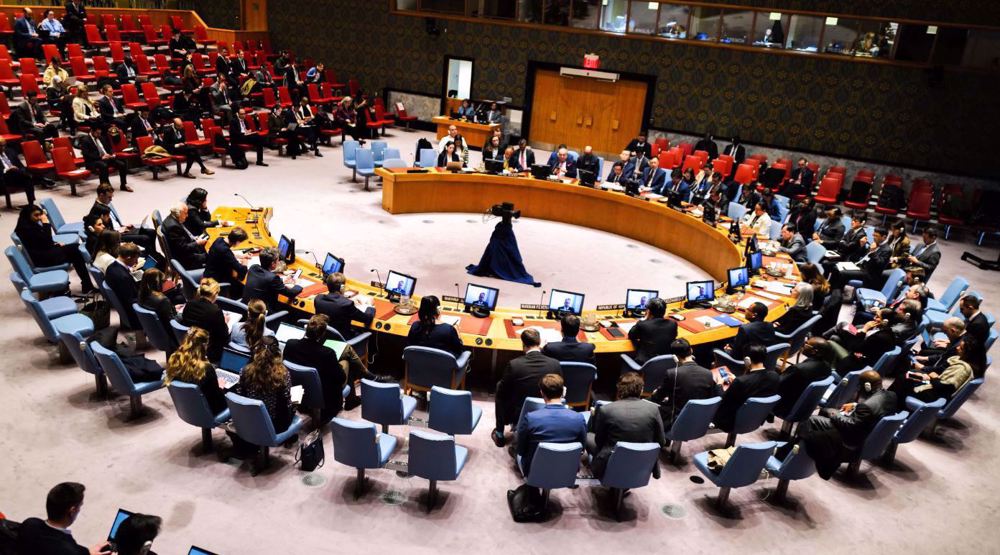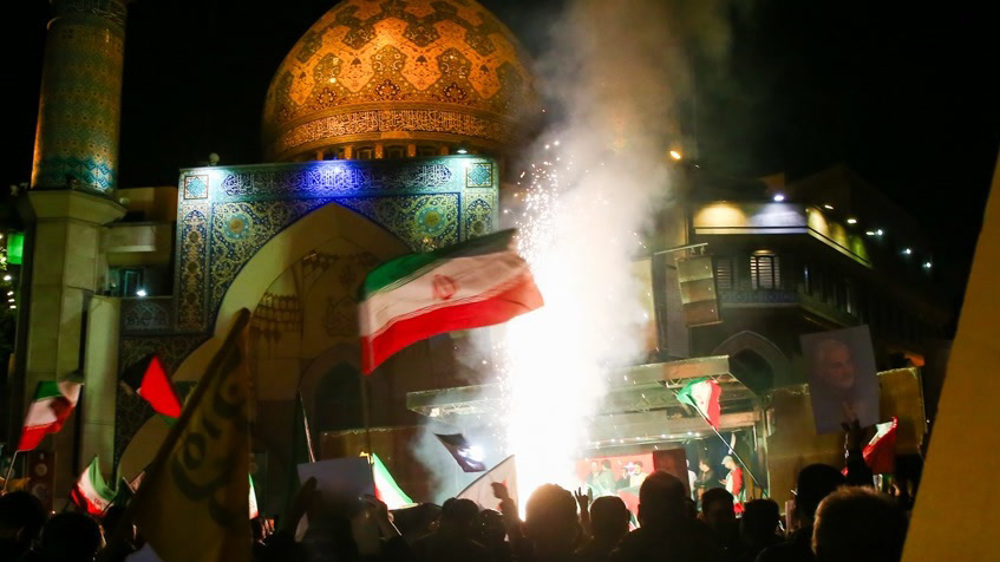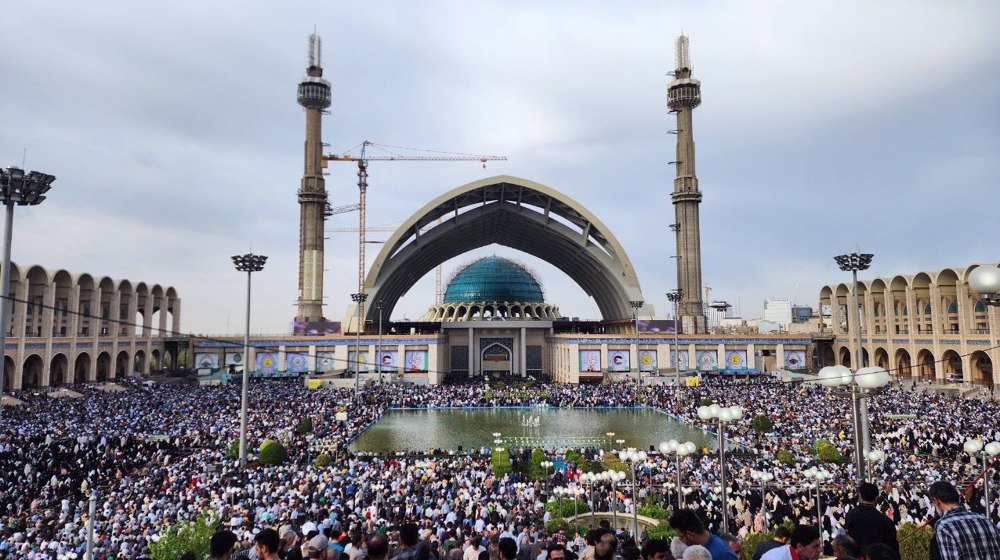UN climate talks in Poland go into overtime
United Nations' climate talks to agree on the rules of the 2015 Paris Agreement have dragged on into an extra day as ministers tried to overcome the last political hurdles after working through the night.
The schedule for the closing plenary, when sparks could fly among nations if there are issues in the text still open to opposition, has been repeatedly pushed back to later in the day - a sign a more diplomacy work needs to be done.
Some exhausted negotiators were seen leaving the conference venue in Katowice, Poland, in the early hours of Saturday morning to get a few hours rest but many ministers worked through the night to try and iron out differences.
"It has been hard because there are many issues going on, very detailed. Countries have different realities, they are facing different times of their development and represent different characteristics in their environment. So put everyone together in the UN spirit, that is everybody in, and it’s not easy. But it’s worth it," said Chilean Minister of Environment Carolina Schmidt, who is set to host the next set of climate talks.

The last stumbling blocks have been around the ambition of developed countries' emissions cut pledges which countries more vulnerable to climate change are trying to increase.
Talks have also faltered over increasing finance for climate adaptation for poorer countries. Governments have already agreed to raise $100 billion a year by 2020, but developing countries wanted more.
Another sticking point remains over accounting rules for future carbon market mechanisms. A senior negotiator said Brazil still had concerns over the rules aimed at avoiding double counting emissions cuts.
Countries are on a self-imposed deadline to produce a "rulebook" to flesh out details of the 2015 Paris Agreement, which aims to limit the global temperature rise to less than 2 degrees Celsius and which comes into force in 2020.
(Source: Reuters)
US will pull out military personnel from Niger: Report
US sanctions on Venezuelan oil ‘violation of human rights’: Iran
VIDEO | Hundreds of students take to streets in Milan in support of Palestine
UN warns hundreds of thousands of Sudanese under ‘immediate danger’
Iraqi resistance strikes ‘vital’ target in Eilat after Israel attacks PMU base
North Korea conducts cruise missile warhead test: State media
Israeli airstrike kills at least 7 people in Rafah
VIDEO | Iranians hold nationwide demos in support of IRGC











 This makes it easy to access the Press TV website
This makes it easy to access the Press TV website